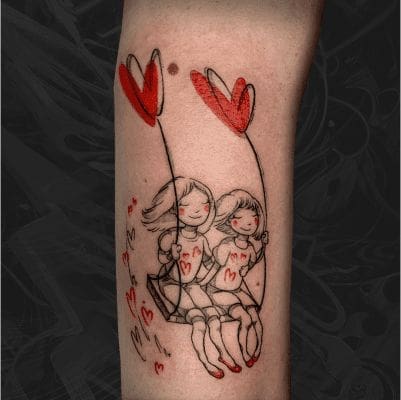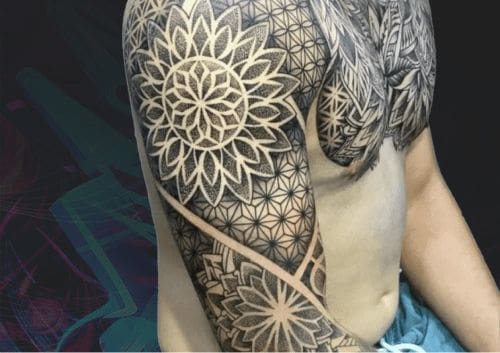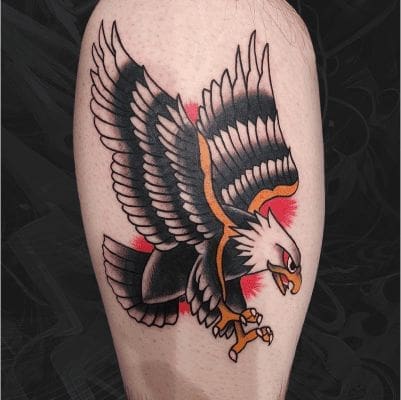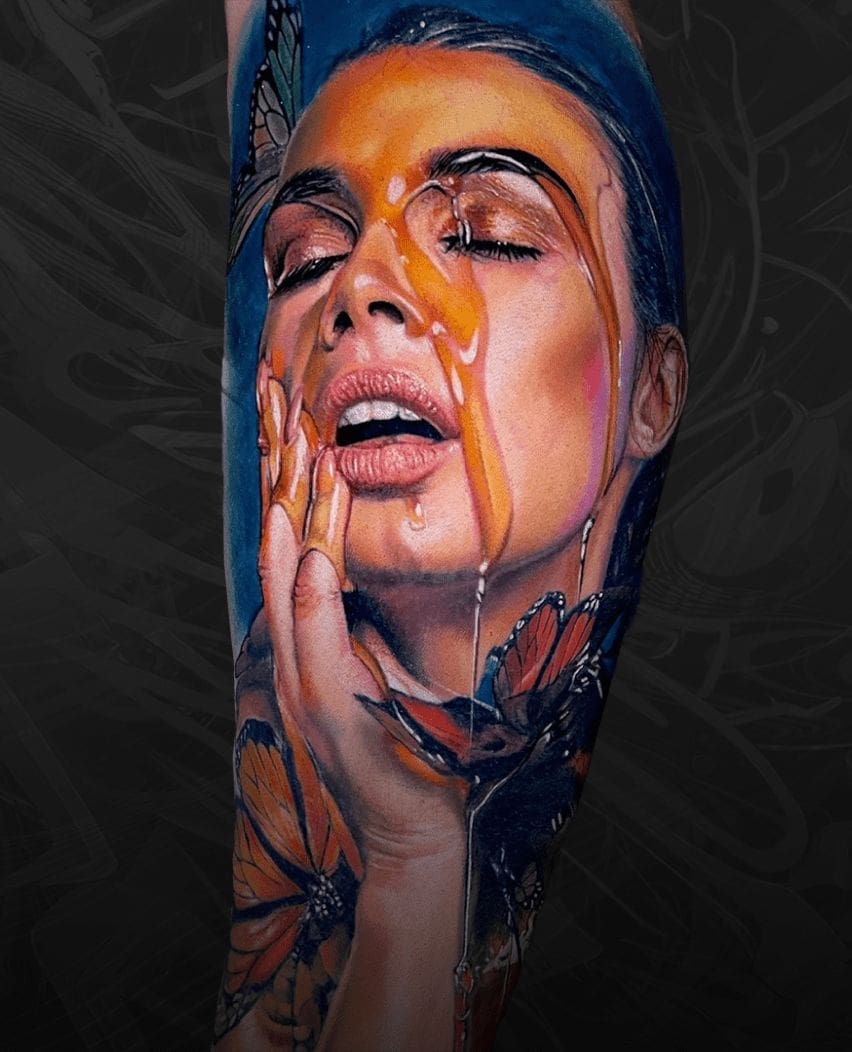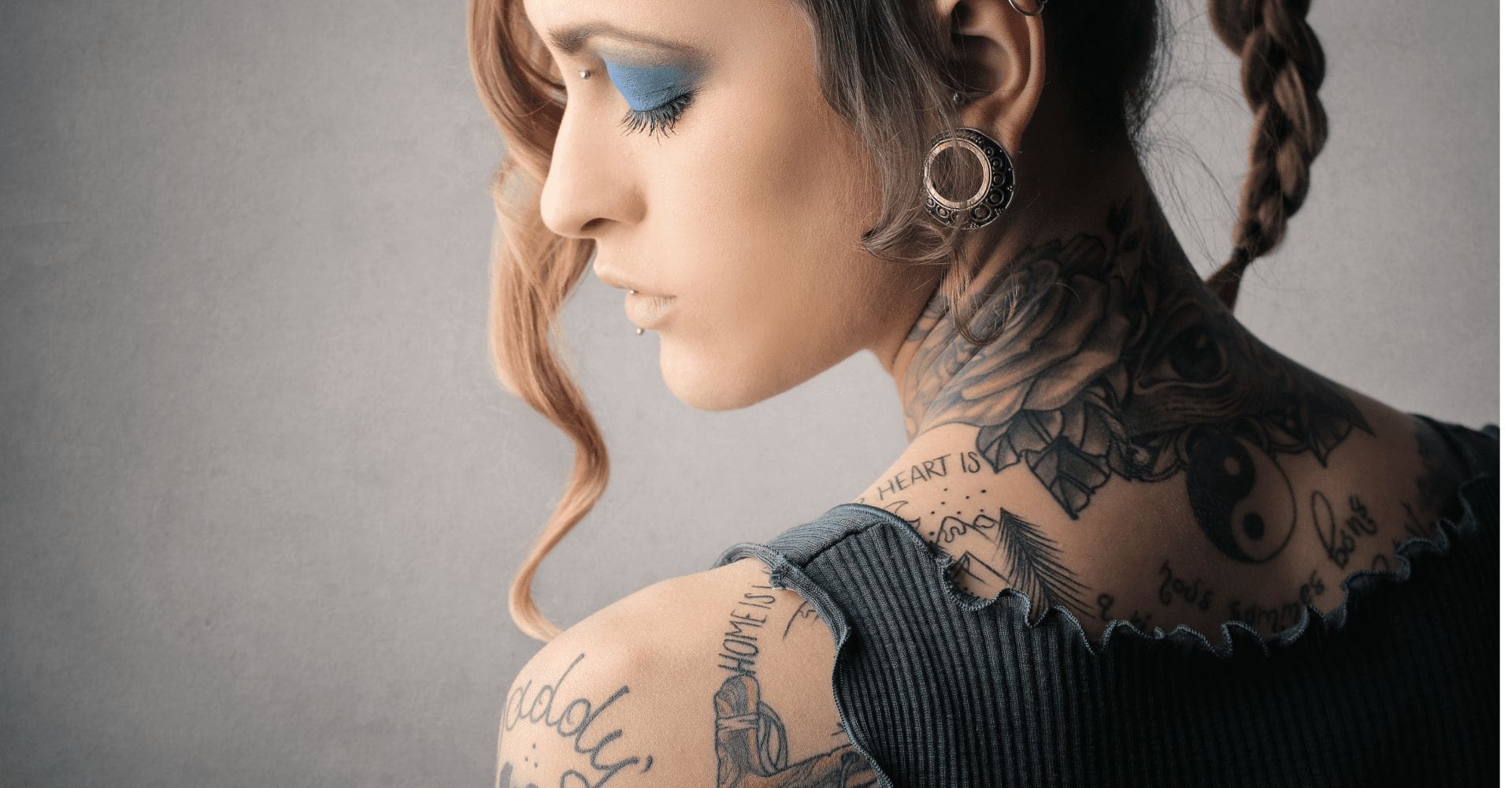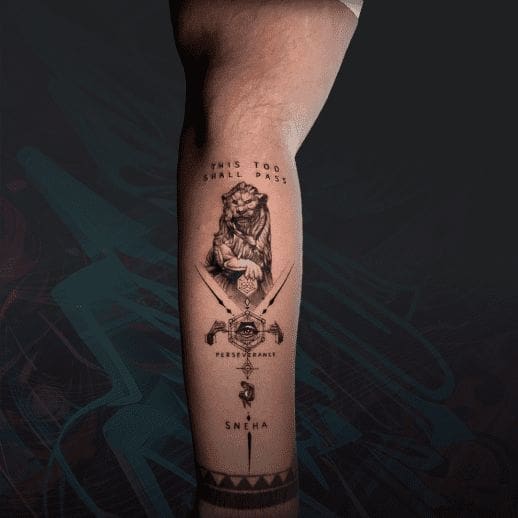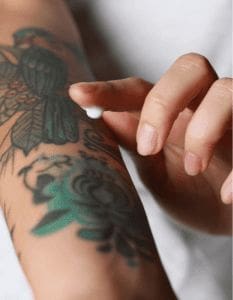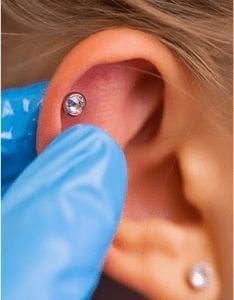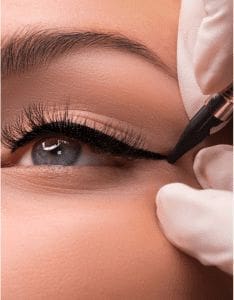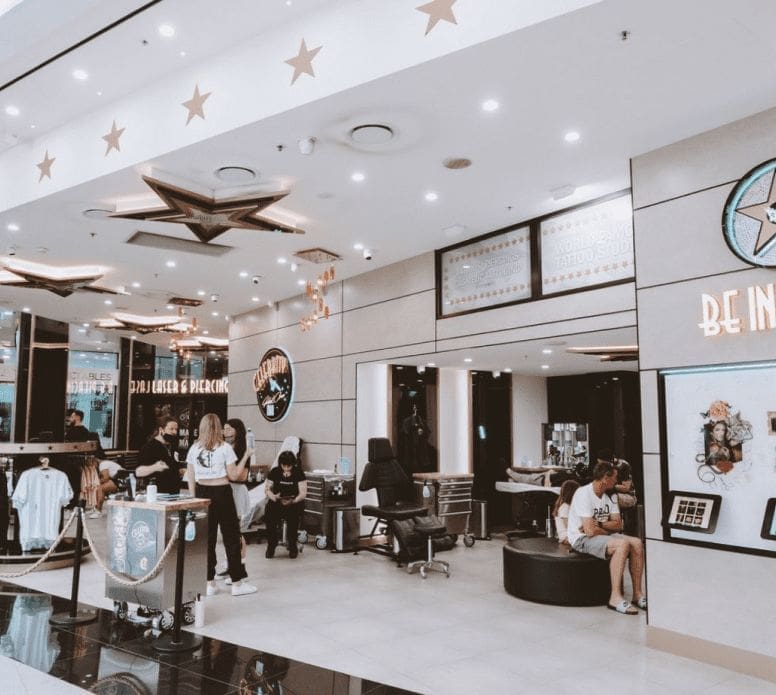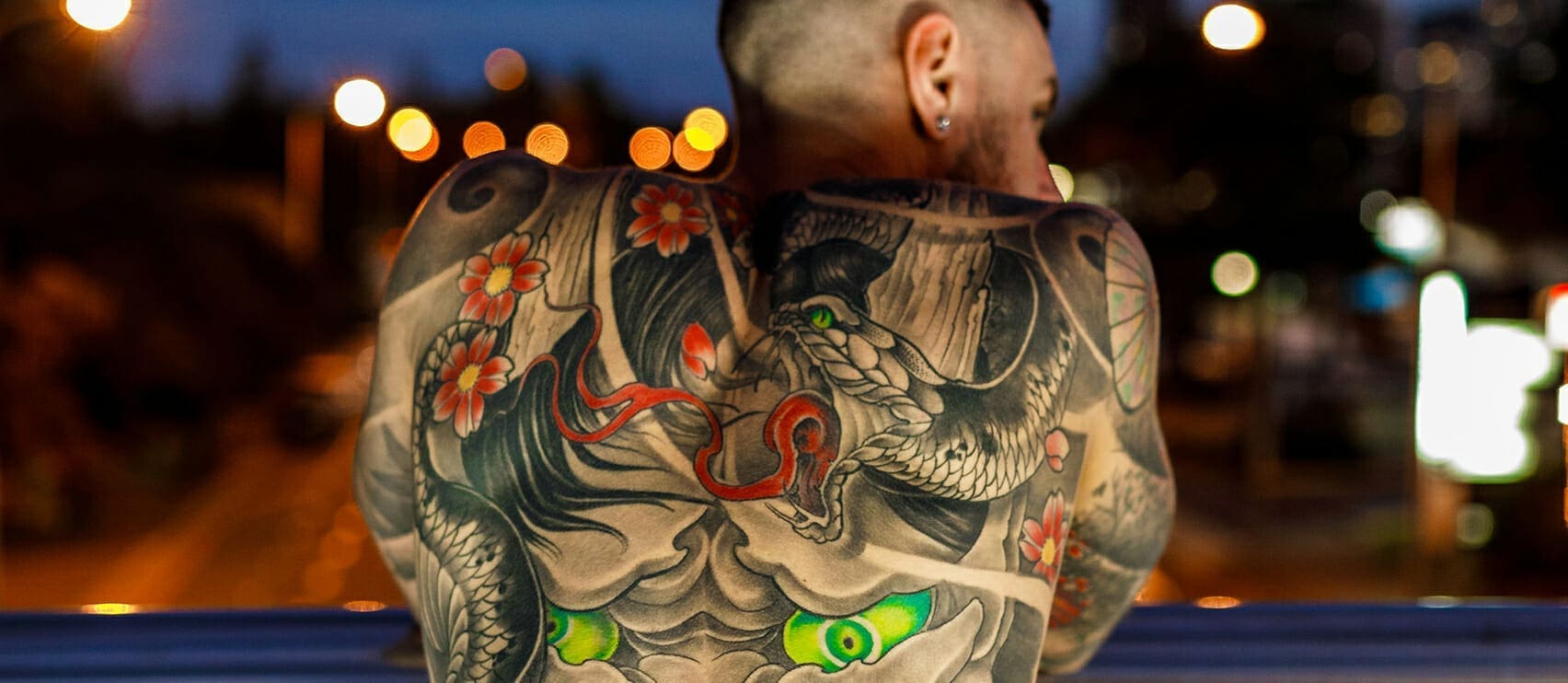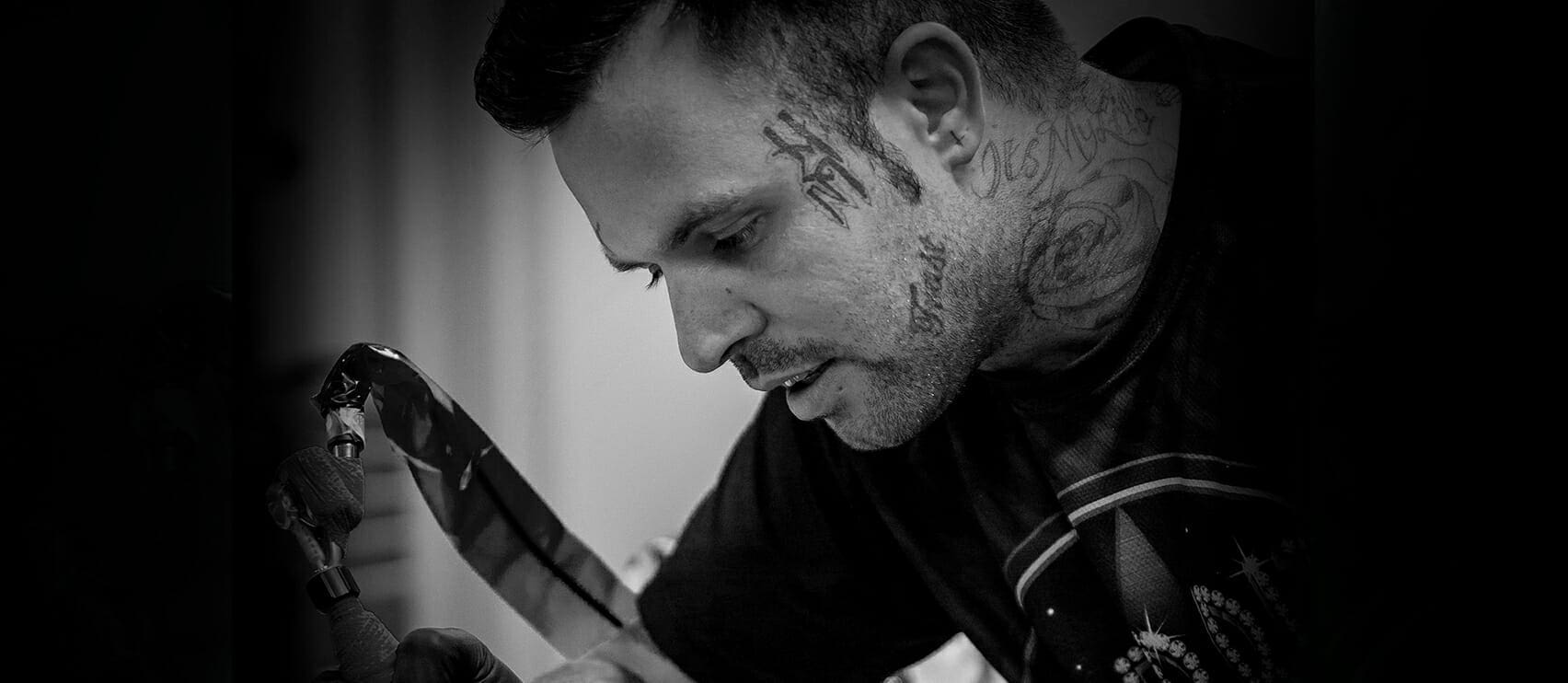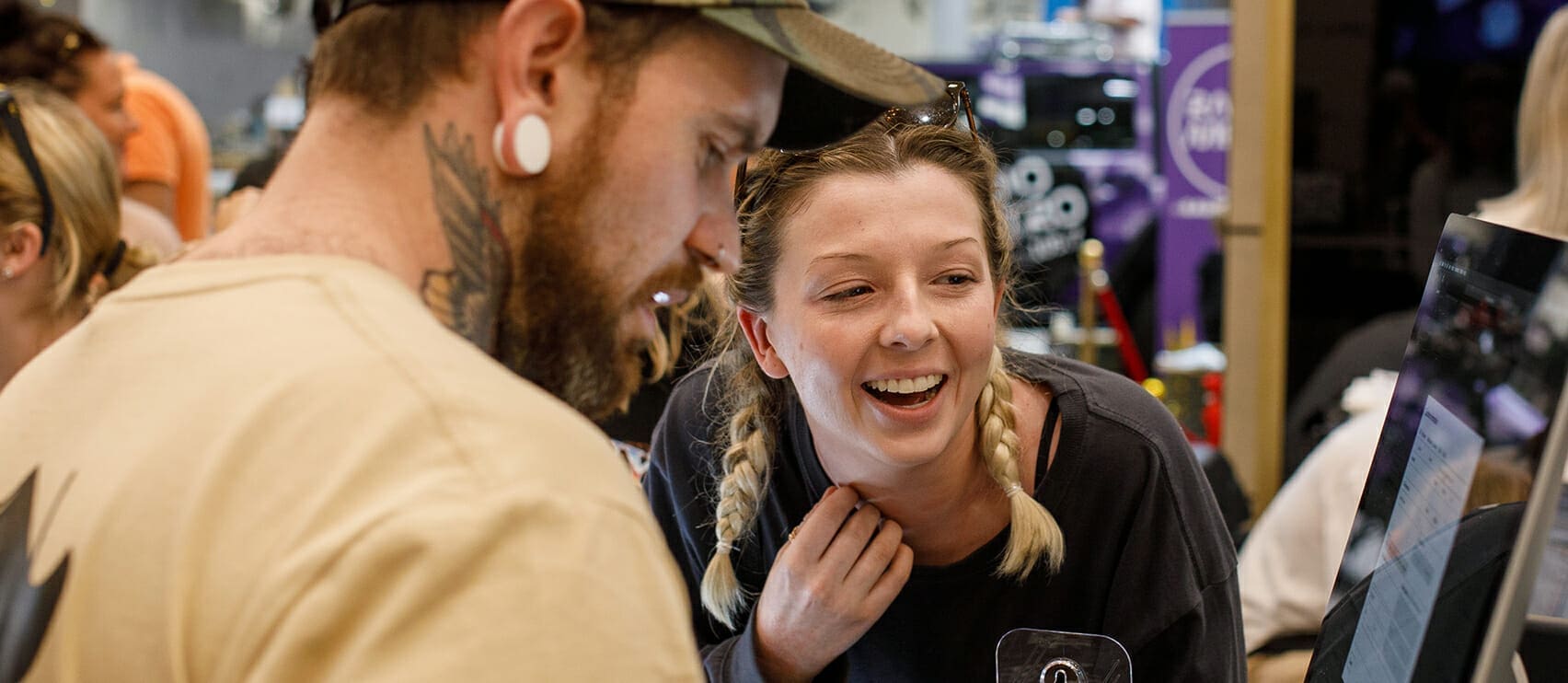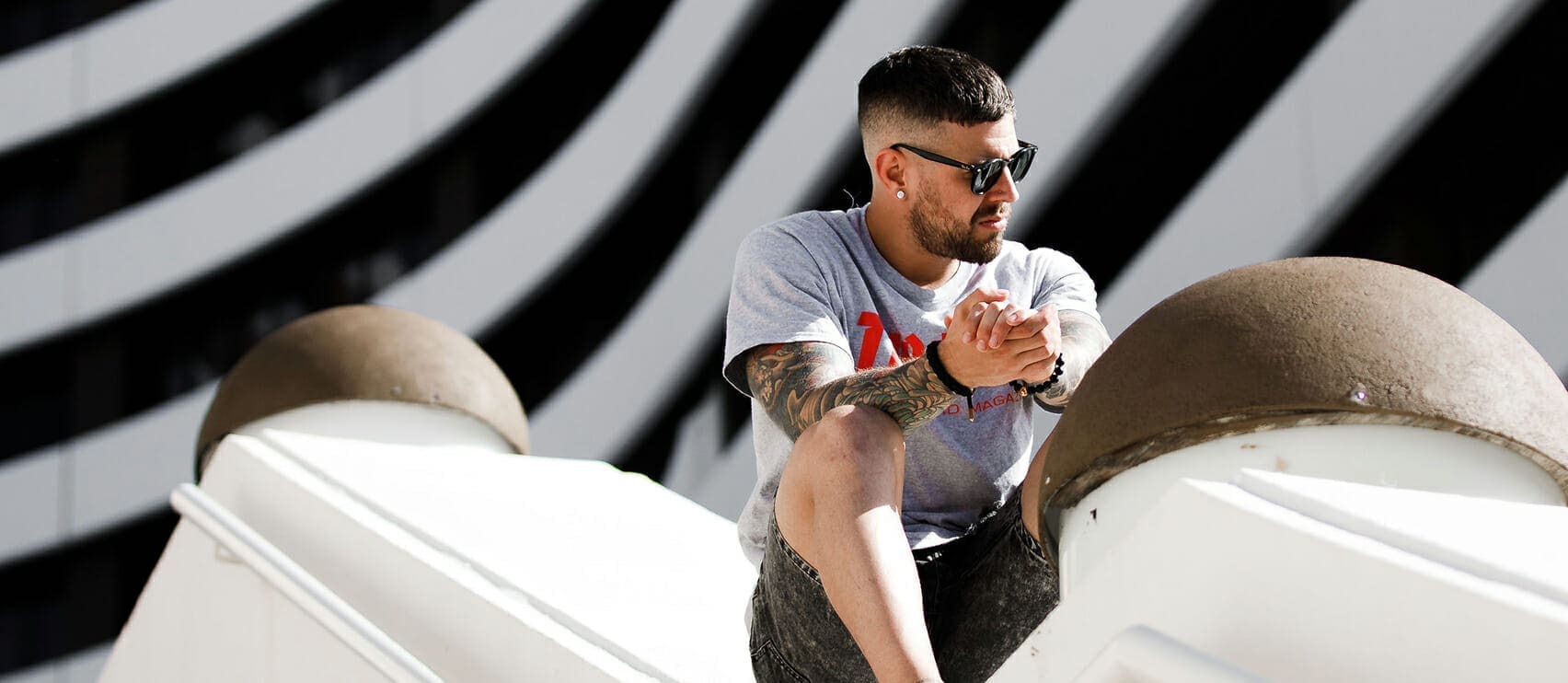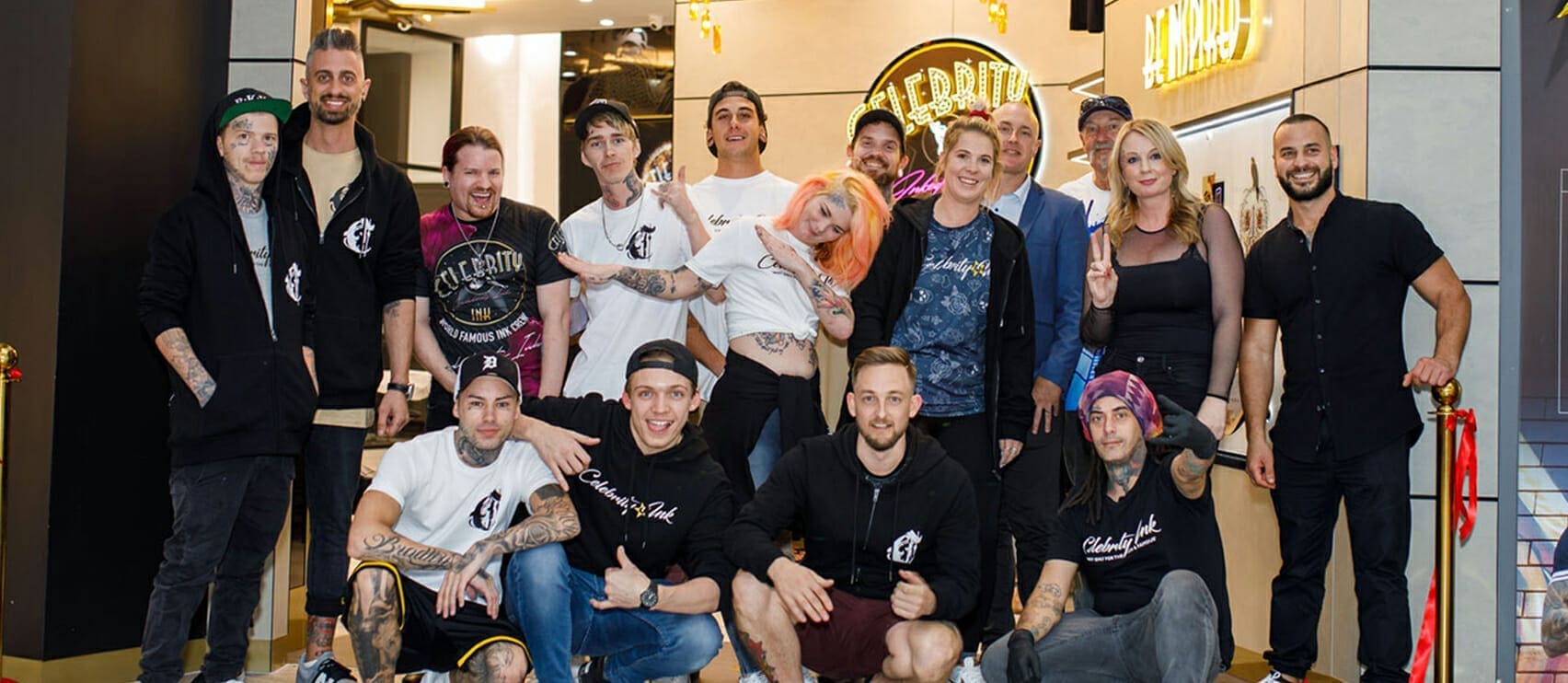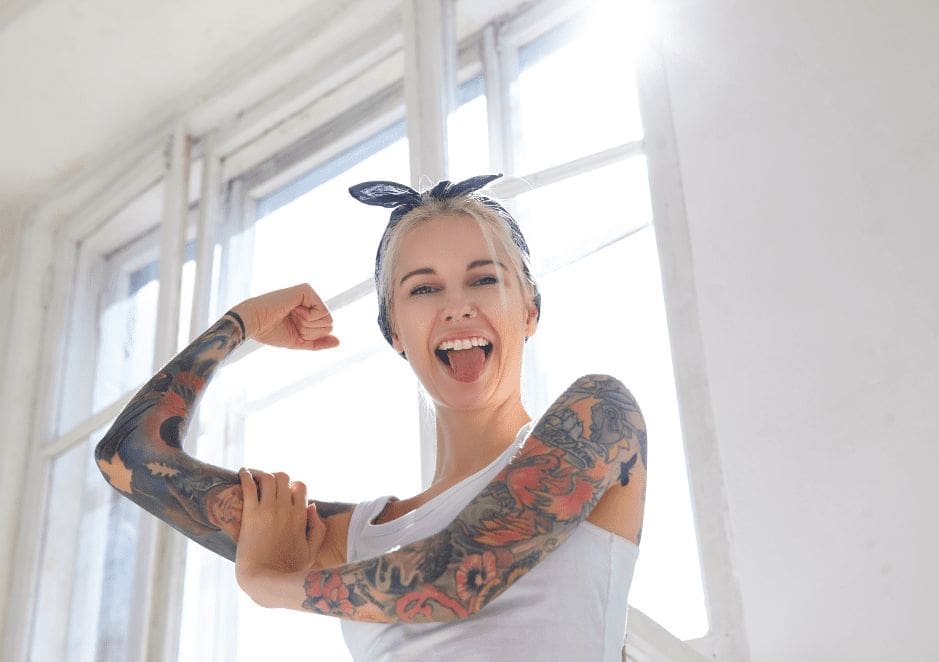In a world where scars tell stories, tattoos have become the ink that rewrites them. Imagine transforming a mark of trauma into a masterpiece of triumph – this is the essence of finding empowerment through tattoos, especially after surgery. For many, the journey to recovery is about healing wounds and reclaiming control over one’s body and story.
Tattoos, in this transformative process, emerge as powerful symbols of resilience, strength and beauty. They are not mere decorations but profound statements of survival, a canvas where battles are turned into badges of honour.
This article explores how tattoos can symbolise empowerment, showcasing how this ancient art form helps people see their scars in a new light, not as reminders of pain, but as emblems of their strength and the incredible journey towards self-reclamation.
The Link Between Tattoos and Body Positivity
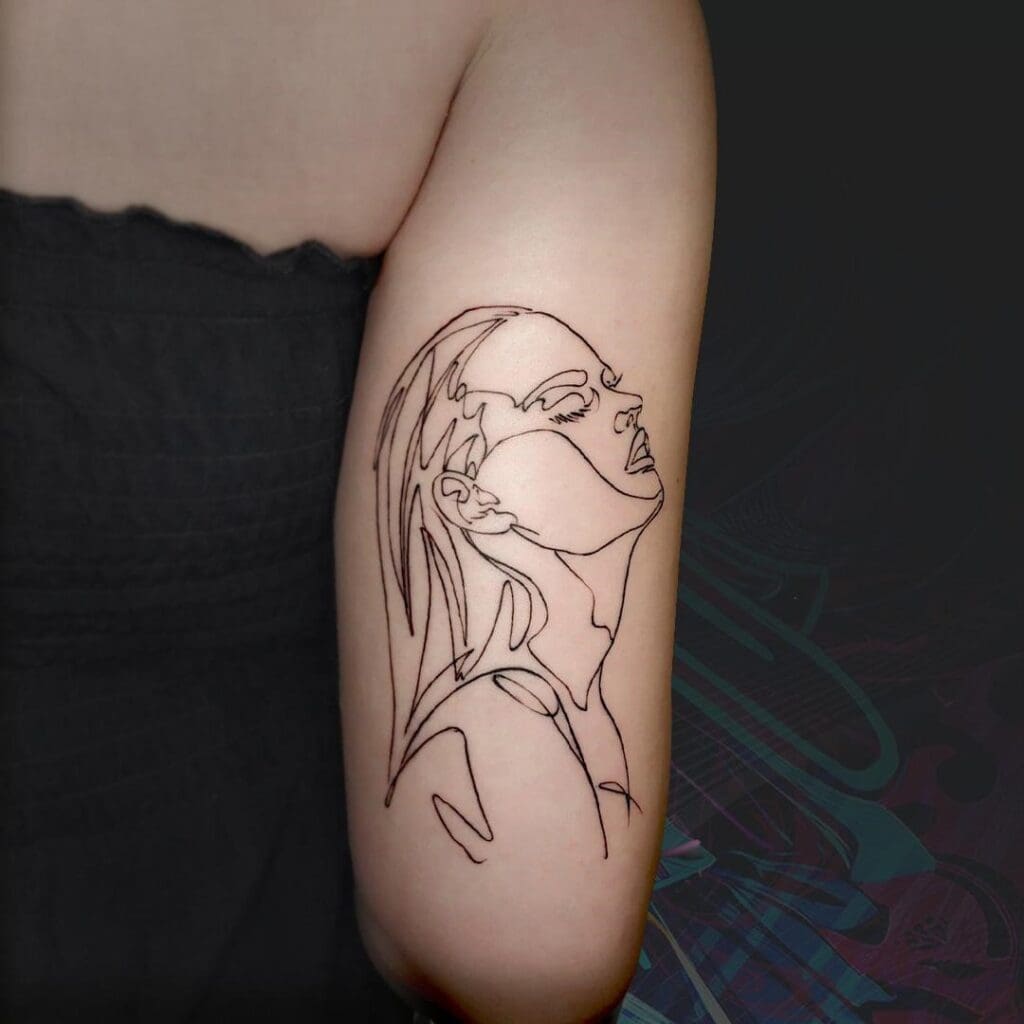

Over the years, tattoos have become a popular form of self-expression, and that’s easy to see when one in five Australians has a tattoo. Tattoos allow individuals to express their personalities and unique quirks and represent a significant event in their lives, such as overcoming a major surgery.
In addition, tattoos have become a powerful tool for promoting and embracing body positivity. When individuals get tattoos, they often do so to honour their bodies and distinctive traits, challenging and expanding beyond the restrictive norms of beauty.
Examples of body positivity tattoos include
- Quotes that inspire self-love: Common quotes include “I am enough”, “Love yourself first”, and “Perfectly imperfect”.
- Floral designs: Flowers can symbolise growth, beauty and resilience. Floral tattoos often cover scars or areas of the body that individuals have struggled to accept.
- Body silhouettes: Silhouette tattoos of diverse body shapes embrace and celebrate all sizes and forms, which can be a powerful reminder to love and accept one’s body as it is.
- Feminist symbols: Symbols like Venus or a raised fist are common tattoos to celebrate empowerment, gender equality and the beauty of being oneself.
The Psychological Benefits of Tattoos
As well as promoting body positivity, tattoos also have a range of psychological benefits. For many people, getting a tattoo that has significant meaning can be a freeing experience that allows them to release emotions and feelings that they’ve been bottling up.
Here are some key psychological benefits of getting tattooed:
- Enhanced self-identity and expression: Tattoos allow individuals to express their personality, values and experiences in a visual form. This form of self-expression can strengthen an individual’s sense of identity and promote a positive self-image.
- Empowerment and control: For many, getting tattooed is an empowering experience. It can symbolise taking control of your body, especially in situations where you may have felt powerless, such as after illness, trauma or surgery.
- Coping mechanism for trauma and loss: Tattoos can serve as a therapeutic tool for coping with trauma, loss or grief. Memorial tattoos, for example, can help individuals keep a physical reminder of loved ones or significant events.
- Enhanced body image: Tattoos can significantly improve body image and self-esteem. By covering scars or body areas that individuals may be insecure about, tattoos transform these spots into pieces of art the wearer can be proud of.
- Milestone marking: Tattoos often commemorate personal milestones, achievements or transformations. Getting a tattoo to mark a significant event, such as overcoming an illness, can serve as a visual reminder of one’s strength, resilience and growth.
Tattoos: A Form of Self-Expression
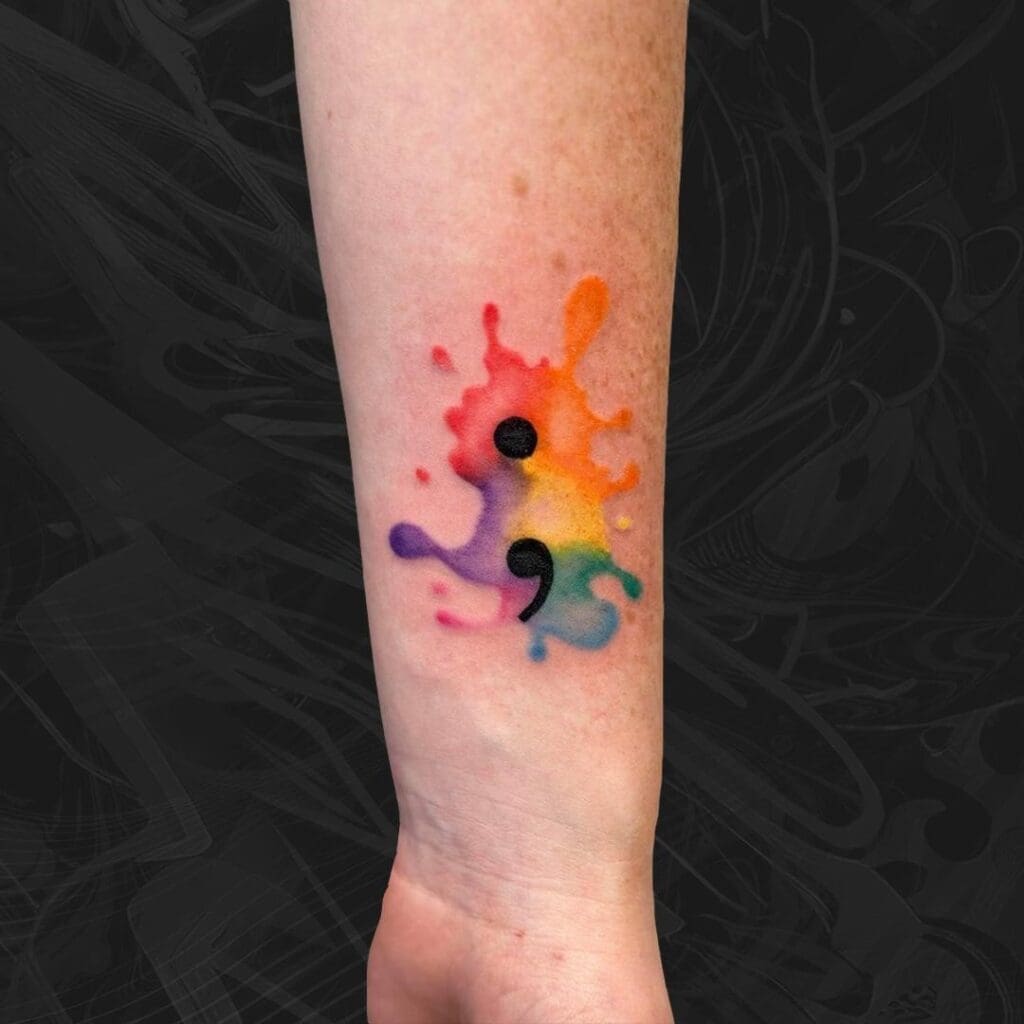

Tattoos have existed as a form of self-expression for over 12,000 years. So, what are the ways in which tattoos can showcase your personality and identity?
- Personal identity and individuality: Many people use tattoos to express their unique identity and individuality. Tattoos can symbolise personal traits, interests and values, making them a deeply personal form of expression that reflects the inner self on the outside body.
- Cultural and heritage representation: Tattoos can serve as a connection to an individual’s cultural background, heritage and traditions. Symbols, patterns and motifs specific to a culture can be worn with pride and honour, keeping one connected to one's roots and ancestors.
- Memorial and tribute: Many people choose tattoos as a way to honour and remember loved ones, significant events or milestones in their lives. These tattoos serve as permanent memorials, keeping the memory of people or events alive.
- Expressing beliefs of ideologies: Tattoos can convey philosophical, spiritual or political beliefs. Symbols and texts are commonly used to represent and communicate one’s ideologies to the world.
- Healing and therapeutic expression: For some, tattoos are a way to heal and process emotional experiences, such as grief, trauma or recovery journeys. They can symbolise strength, resilience and the process of healing, offering a form of therapy and closure.
Finding Empowerment With Tattoos After Surgery
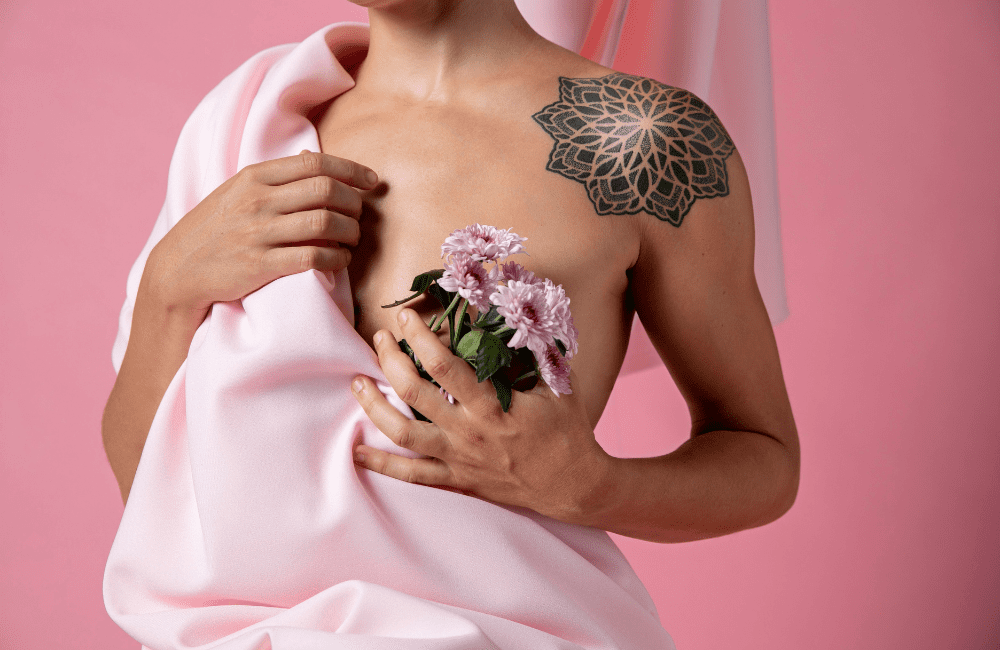

The journey of recovery after surgery can often be a deeply personal and transformative experience. For many, it involves not just the physical healing of wounds but also a psychological and emotional journey towards acceptance and empowerment. Through this process, tattoos have emerged as a unique and powerful tool for individuals to reclaim their bodies and express their resilience. One of the most common types of tattoos to express this is a mastectomy tattoo.
Both women and men who have undergone a mastectomy to treat breast cancer can opt for a mastectomy tattoo as a way to reclaim their bodies and transform their scars into beautiful pieces of art.
Common examples of mastectomy tattoos include:
- Reconstructive nipple and areola tattoos: After a mastectomy, some individuals opt for reconstructive tattoos that mimic the appearance of the nipple and areola. These tattoos can add realistic details and dimensions to breast reconstruction, helping to restore the look of breasts post-surgery.
- Floral designs: Flowers are a popular choice for covering mastectomy scars or adorning the chest area. Each flower can hold a different meaning, such as strength, beauty or rebirth.
- Nature-inspired: Tattoos inspired by nature, such as trees, mountains or the ocean, can symbolise growth, stability and the cycles of life. They can turn the body into a canvas of landscapes that hold personal significance.
- Animal tattoos: Animals that represent certain qualities, such as bravery (lions), transformation (butterflies) or freedom (birds), can be tattooed to symbolise the wearer’s journey or the qualities they have embraced through the mastectomy experience.
Book A Consultation with Celebrity Ink
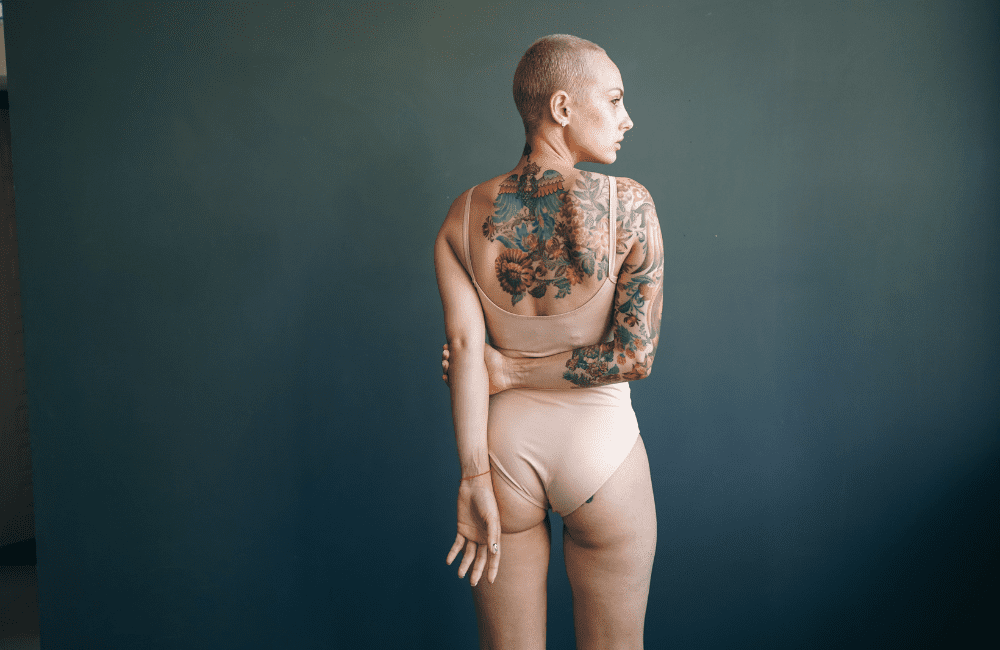

Tattoos have been a form of self-expression for over 12,000 years, and they are also now becoming a popular way to feel empowered. If you’ve gone through a significant life event, achieved a milestone or simply want a reminder to feel empowered, why not get a tattoo?
At Celebrity Ink, we specialise in a range of tattoo styles, from bold neo-traditional tattoos to simple fine-line tattoos. Whether you’re looking to get a mastectomy tattoo or a small design to remind you to feel empowered, we’ve got you covered.
Book an appointment at your nearest Celebrity Ink tattoo studio to get the conversation started on your next tattoo design. We look forward to helping you bring your vision to life!

